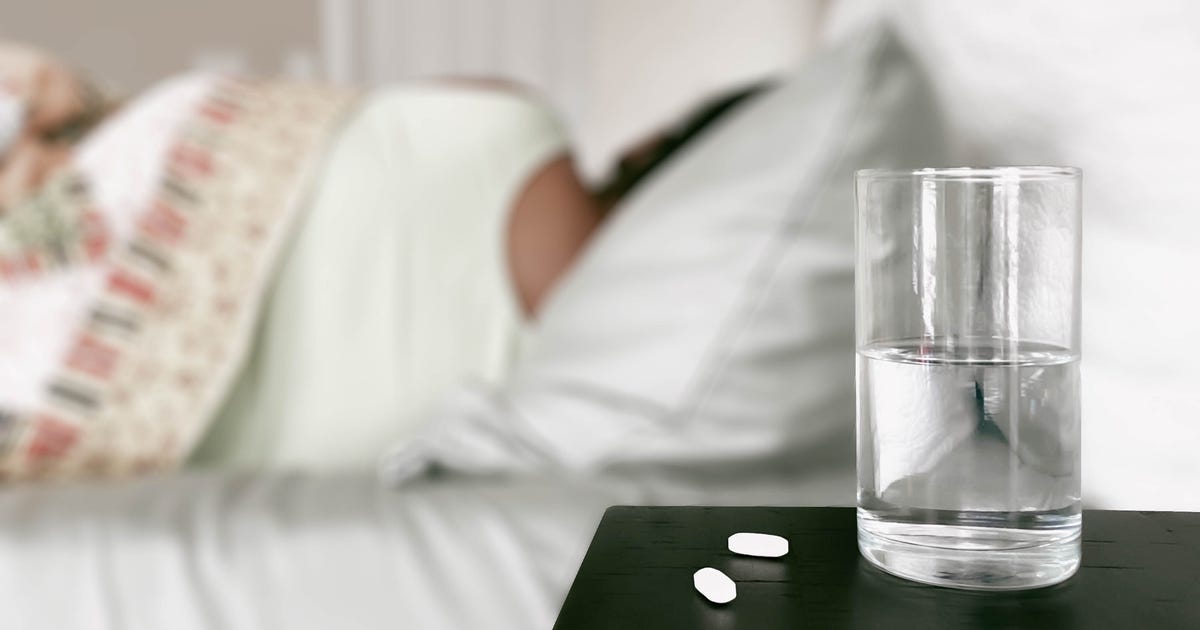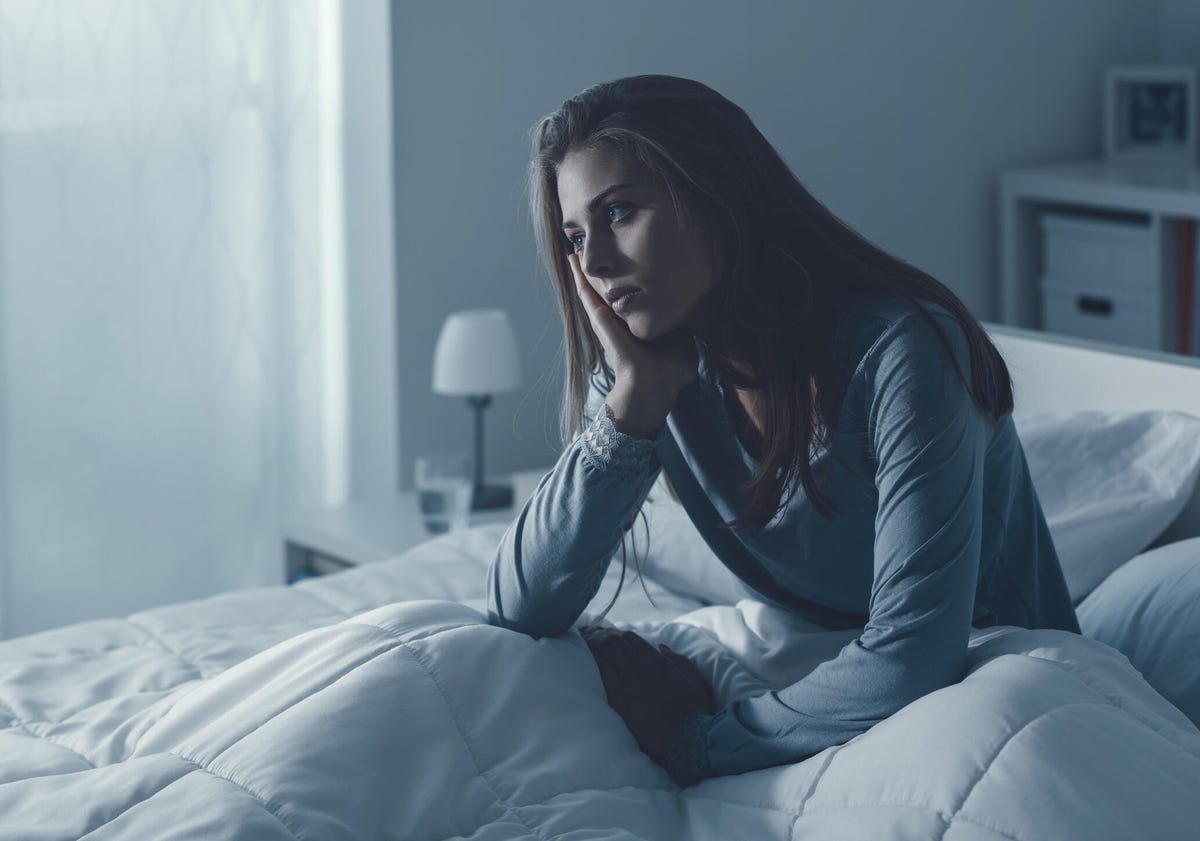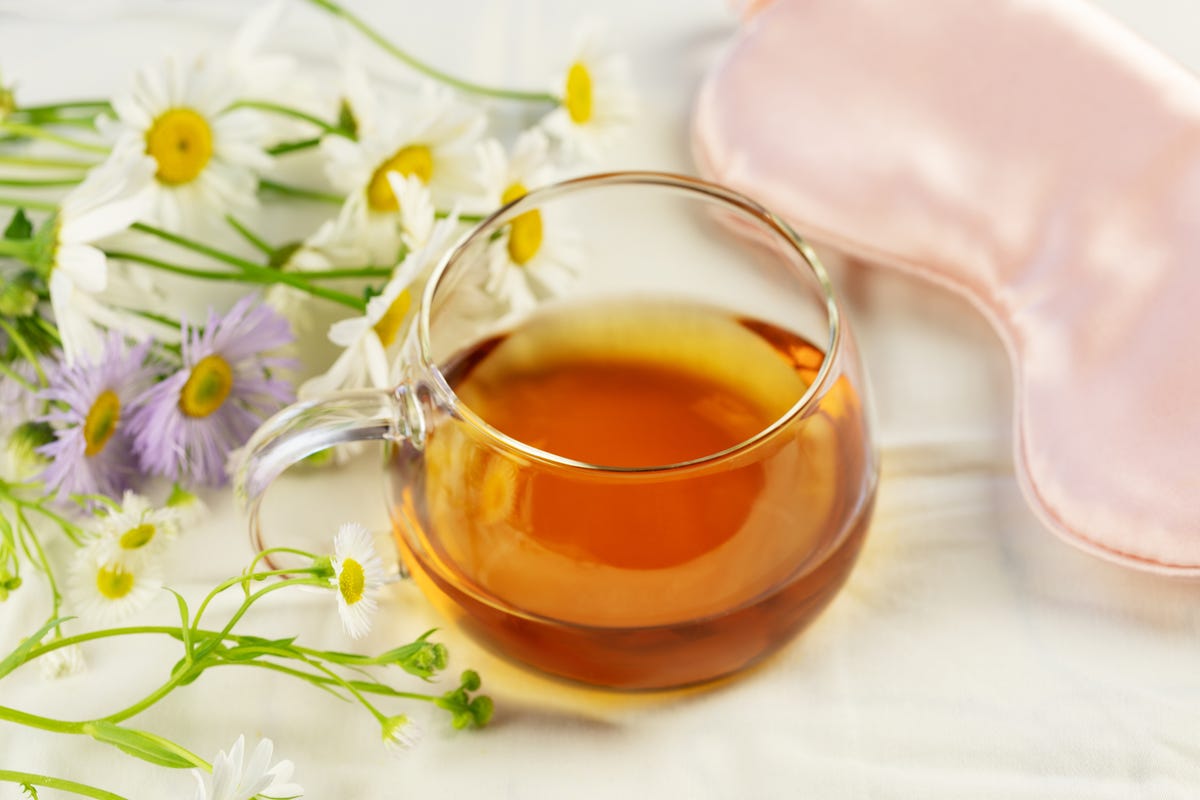
Whether you have chronic insomnia or occasional trouble falling asleep, sleep aids — including over-the-counter and prescription drugs — can offer some much-needed relief to help you get a good night’s rest. But over time, you may notice that these medications aren’t working as well as they used to. If that’s the case, you may have built up a tolerance to that sleep aid. This Sleep Awareness Week, get better rest.
Below, we’ll share some of the common signs of sleep aid tolerance and explain what to do if you have one.
What are sleep aids?
Sleep aids are medications or remedies that help you feel tired, so you can fall and stay asleep. They can be used to treat a number of sleep-related problems, including insomnia and circadian rhythm-related disorders. Sleep aids are available in a range of strengths and dosages, from natural supplements (like melatonin) to over-the-counter drugs (such as antihistamines) to prescription-only pills (like melatonin-receptor agonists).
Certain sleep aids — particularly stronger ones like benzodiazepines — can be habit-forming, and many are only intended for short-term use. Your doctor can advise you on the best sleep aid for you, depending on your overall health and the cause of your sleeping issues.
Signs of a sleep-aid tolerance

Getty Images/demaerre
If you regularly take certain sleep aids before bed, you may start to build up a tolerance — meaning that your body gets used to the medication and your usual dosage becomes less effective. These are some key signs that you may have a sleep aid tolerance.
Upping your dose
When you begin taking a sleep aid, you’ll probably take the same dose every night. However, as time goes on, you may notice that your typical dose isn’t as effective as it was when you first started taking it, and you need to take more to achieve the same results. This is one of the clearest indications that you’re becoming tolerant to sleep aids.
Rebound insomnia
You may have difficulty sleeping after you stop taking your sleep aid — especially if you quit cold turkey. This is known as rebound insomnia, and it can occur even if you only take the sleep aid for a short while. It’s a common side effect of stopping sleeping pills like benzodiazepines and Z-drugs, such as zolpidem and zaleplon — which are sold under the brand names Xanax and Sonata, respectively.
Anxiety and irritability
Once you’ve built up a tolerance, you could find it hard to get to sleep with a standard dose of your sleep aid. As a result, you could lie awake and feel anxious or irritable about falling asleep. Then, if you haven’t gotten enough quality sleep, you might also feel those feelings of anxiety and irritability the next day.
Natural sleep remedies to try instead

Kristina Kuptsevich/Getty Images
Worried about developing a sleep aid tolerance or experiencing the uncomfortable side effects of sleeping pills? You might consider switching to one of these natural sleep remedies — just make sure to speak with your doctor first.
Melatonin
Melatonin is a hormone that’s naturally produced and released by the brain. When it gets dark at night, melatonin levels begin to rise, which tells your body to go to sleep. The levels fall as dawn approaches, indicating that it’s time to wake up.
Many people take lab-made melatonin supplements to wind down at night and get to sleep faster. In fact, melatonin is the most popular sleep aid supplement in the US, used by an estimated 27.4% of American adults, according to a study by SleepFoundation.org. It’s also used to treat conditions like jet lag, delayed sleep disorder, and circadian rhythm sleep disorders among blind people.
Tart cherry juice
Multiple studies have suggested that tart cherries, such as Montmorency cherries, contain several properties that might help improve your sleep. For starters, tart cherries are a natural source of melatonin, a sleep hormone that regulates your waking and sleeping patterns.
On top of that, tart cherries also have a small amount of an amino acid called tryptophan. In the body, tryptophan is converted into serotonin, which may help improve your sleep quality.
Herbal tea
Sipping on a non-caffeinated herbal tea before bedtime is another natural way to ease yourself into sleep without relying on medication. Teas made from valerian root and chamomile, for example, have soothing effects that can help you relax and fall asleep.
In addition, lavender is another plant with calming qualities, so drinking lavender tea could help induce sleep. However, there isn’t specific research yet about how lavender tea impacts sleep. Similarly, researchers have discovered that passionflower could possibly be used as a treatment for insomnia, so having a cup of passionflower tea in the evening could be another good natural sleep aid.
Magnesium
Magnesium is a mineral that plays many important roles in the human body, from aiding in muscle function to regulating blood sugar levels to making protein and DNA. If you don’t have enough of it in your body, you may have trouble sleeping or struggle with poor sleep quality.
Some research has found that taking magnesium supplements helps people with insomnia fall asleep faster, stay asleep longer, and get better quality sleep. It can also be a good alternative to melatonin, which may leave you feeling groggy in the morning.
GABA
Gamma-aminobutyric acid, or GABA for short, is an amino acid that’s found in the brain and in certain fermented foods, teas and other food products. Its role is to block chemical signals in the nervous system and slow down the brain, which has a relaxing effect on the body.
Taking GABA supplements 30 to 60 minutes before bed can put your mind at ease, making it easier to fall asleep. And, like magnesium, GABA is becoming a popular option for people who want a natural sleep aid but don’t enjoy the hangover-like feeling they get the morning after taking melatonin.
The information contained in this article is for educational and informational purposes only and is not intended as health or medical advice. Always consult a physician or other qualified health provider regarding any questions you may have about a medical condition or health objectives.
